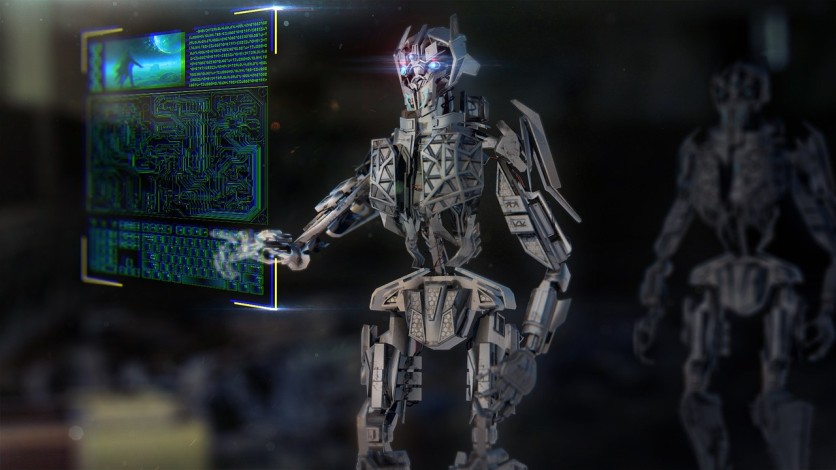Federal regulators have taken a significant step in addressing the use of artificial intelligence (AI) in political ads by initiating a public comment period to discuss potential guidelines for such content.
According to CNN, the Federal Election Commission's unanimous decision to seek public input on Thursday follows a previous deadlock on the matter in June.
The central question is whether federal regulations against fraudulent campaign advertising can be extended to encompass ads utilizing AI technology.

Concerns on AI's Involvement in Elections
While the commission's members are evenly divided along party lines, inviting public comments demonstrates a growing awareness of the need to address deepfake content and AI-generated political ads.
However, it is still unclear if the six-member commission will proceed with formal regulations after the public comment window closes, possibly in October.
This action comes after a left-leaning watchdog group, Public Citizen, filed a petition urging the commission to prohibit deliberately deceptive ads created with AI technology. Dozens of Democratic lawmakers also supported this call, emphasizing the urgency of addressing this issue.
The concerns revolve around the increasing use of powerful AI technology in political campaigns, which has raised alarms about the potential misuse and manipulation of digital content.
The introduction of AI-generated material into the 2024 presidential campaign, exemplified by a video released by Florida Governor Ron DeSantis' campaign, has underscored the need for regulatory oversight.
The video posted on social media seems to have used AI-generated images to depict former President Donald Trump hugging former National Institutes of Allergy and Infectious Diseases (NIAID) director Dr. Anthony Fauci.
CNN reported that the issue at hand is not confined to party lines, as both Democrats and Republicans recognize the significance of regulating AI-generated content to protect the integrity of elections and public trust.
Public Citizen's Executive Vice President, Lisa Gilbert, emphasized the non-partisan nature of this challenge, saying that failure to address this issue could damage the election process and people's trust in it.
Although Democratic lawmakers in Congress have put forth bills aimed at enforcing disclaimers on AI-generated political ads, these proposals have yet to gain support from their Republican counterparts.
Regulating AI in the US
Several states have already taken measures at the state level to regulate deepfakes across various domains. Roughly 12 states have implemented regulations against nonconsensual deepfakes in contexts like pornography.
Moreover, states such as California, Minnesota, Texas, and Washington have adopted laws specifically targeting deepfakes in political ads.
The swift advancement of AI technology has compelled state legislatures to respond, acknowledging the dual risks associated with AI-generated content that targets candidates and the potential misuse of deepfakes.
Sam Altman, the CEO of OpenAI, also expressed his concerns about the potential consequences of AI in future elections. Altman's apprehensions revolve around the capacity of AI to enable personalized persuasion and produce high-quality generated media, which could significantly influence public opinion and sway voter sentiments.
His remarks underscore the evolving landscape of AI's role in shaping political discourse and the need for thoughtful regulation.
"I am nervous about the impact AI will have on future elections (at least until everyone gets used to it). Personalized 1:1 persuasion, combined with high-quality generated media, is going to be a powerful force," Altman previously said in an X post.
Related Article : AI-Generated Photos Pose a Threat to Democratic Processes, Experts Warn

ⓒ 2025 TECHTIMES.com All rights reserved. Do not reproduce without permission.




